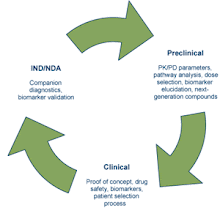The Ministry of Public Health is responsible for the maintenance of all public health services. Many missionaries maintain health and leprosy centers. The government is pursuing a vigorous policy of public health improvement, with considerable success in reducing sleeping sickness, leprosy, and other endemic diseases. The demand for all types of health services and equipment is high and constant. The need for modern equipment is especially urgent, with many clinics using outdated equipment, some of which is imported illegally from
Malaria is prevalent in the
As of 1999, there were an estimated 0.1 physicians and 2.6 hospital beds per 1,000 people. There was one nursing professional per 2,000 people in 1993. As of 1999 total health care expenditure was estimated at 5% of GDP.
In 2000, the average life expectancy was 50 years. The estimated death rate in 2002 was 12.08 per 1,000 people and the birth rate was estimated at 35.66 per 1,000 people. As of 1999, only an estimated 19% of the country's married women (ages 15 to 49) used any type of contraception. The total fertility rate in 2000 was 4.8 per woman and the infant mortality rate was 76 per 1,000 live births. An estimated 29% of children under the age of five suffered from malnutrition. In the same year, 62% of the population had access to safe drinking water and 92% had adequate sanitation. In 1999
At the end of 2001, the number of people living with HIV/AIDS was estimated at 920,000 (including 11.8% of the adult population) and deaths from AIDS that year were estimated at 53,000. HIV prevalence in 1999 was 7.73 per 100 adults.
MericaDiagnogen®

No comments:
Post a Comment